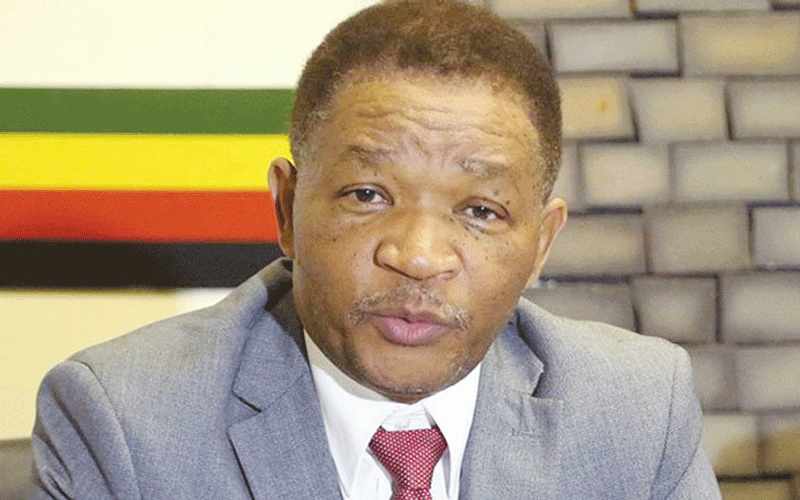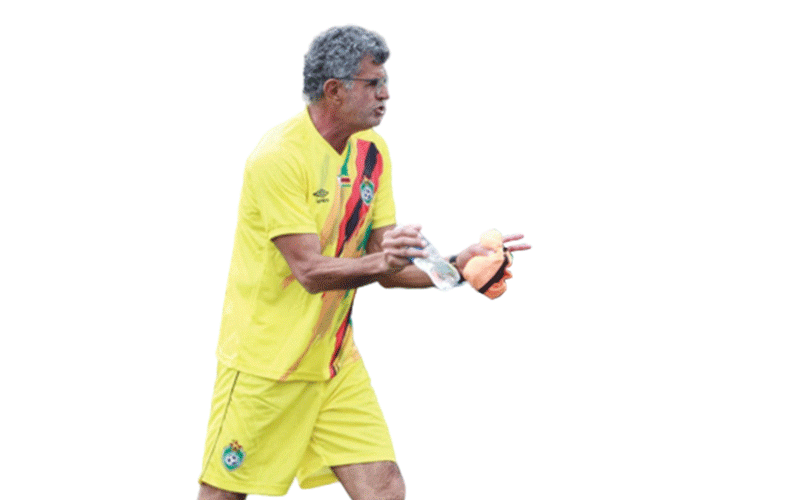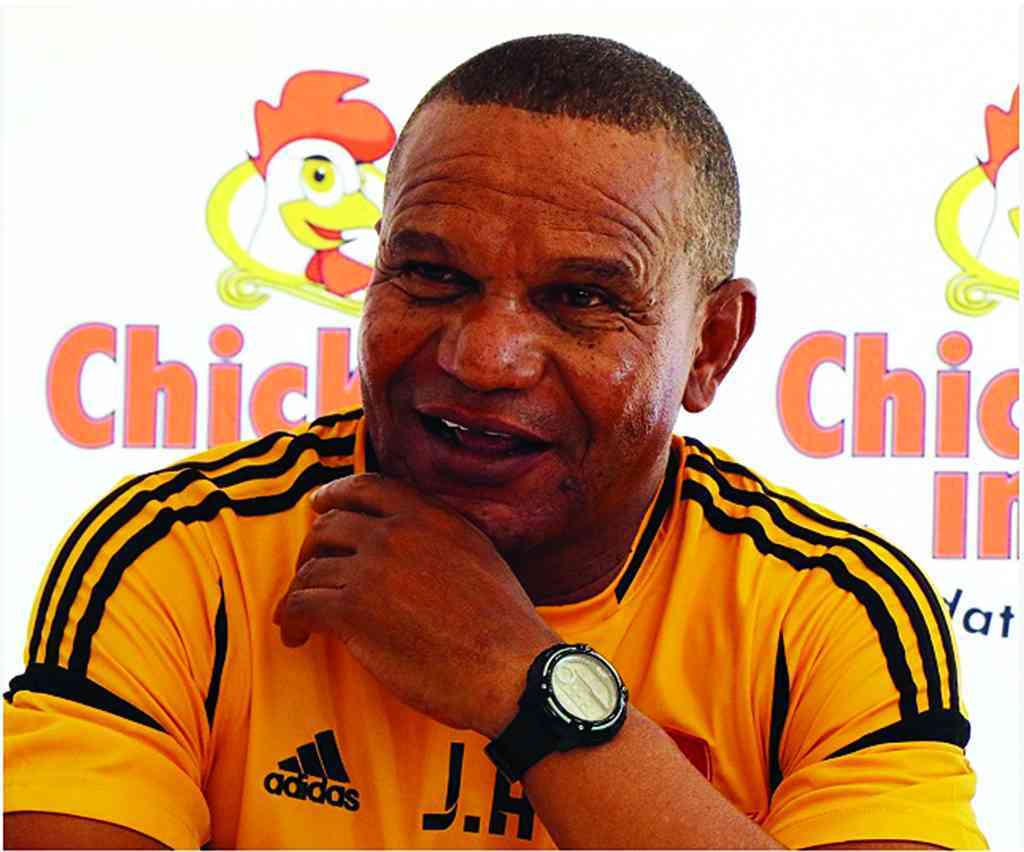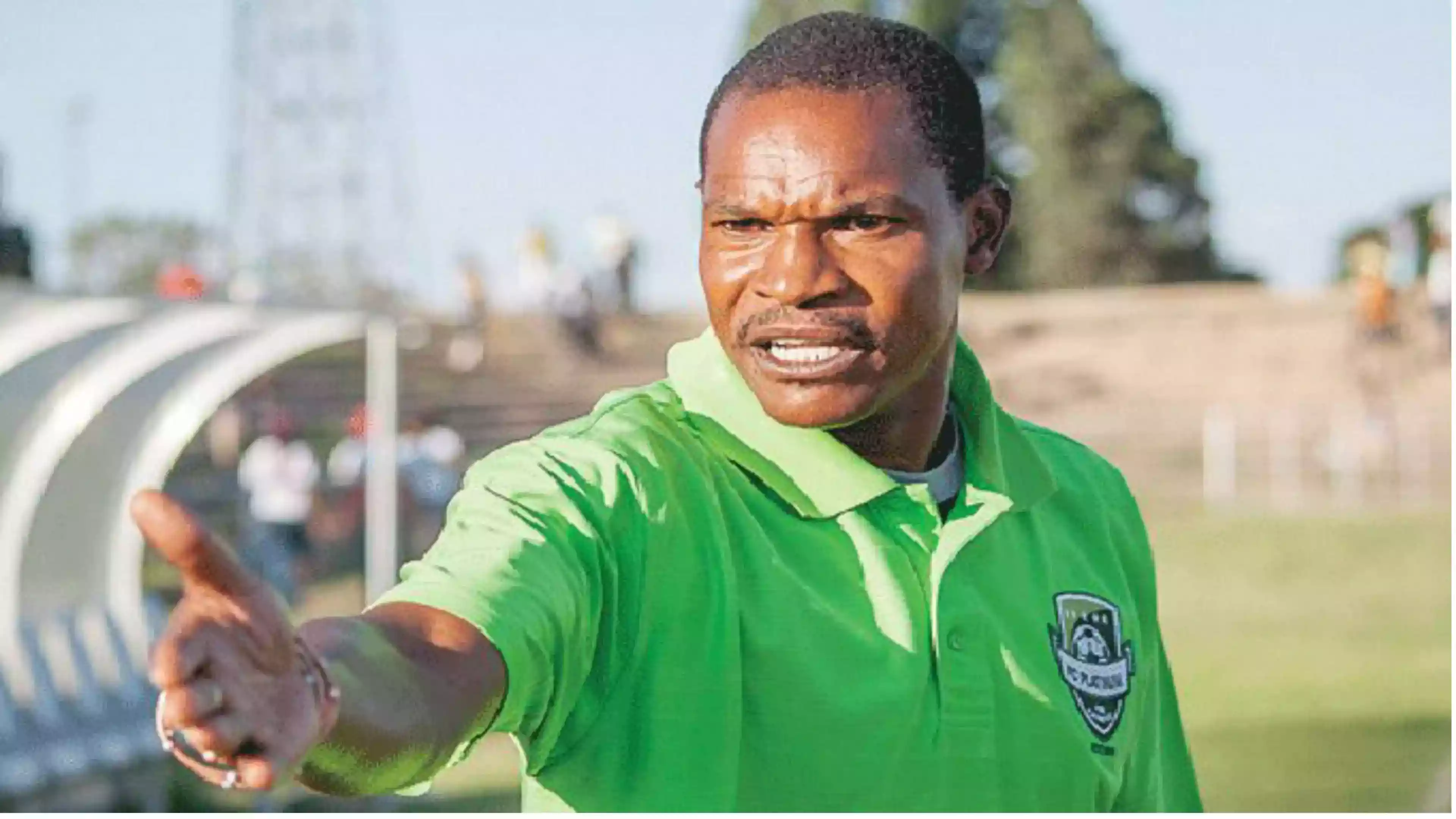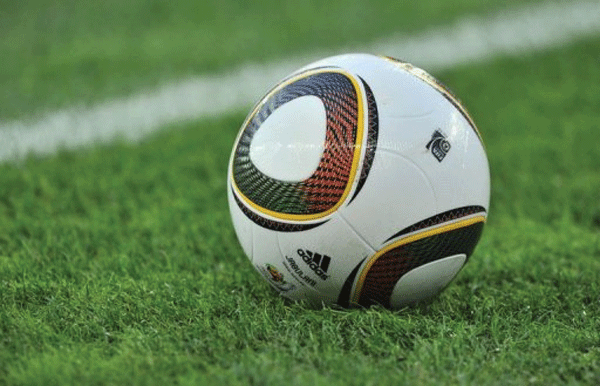
BY TAWANDA TAFIRENYIKA
Euphoria gripped domestic football enthusiasts, players and administrators alike following the lifting of the COVID-19-induced ban this week.
Most players last participated in competitive matches about 15 months ago, while FC Platinum players have enjoyed a bit of a run out in continental club competitions.
For the rest of the topflight and lower tier league players, the break has been to eternity, hence the excitement that greeted an announcement by Cabinet that sporting activities could resume.
But as the most followed league in the country primes for resumption, it is confronted with a host of challenges, key among them contractual disputes, salary adjustments for players, while playing behind closed doors will be a big test.
The government has said fans will not be allowed inside stadiums, yet the numbers that throng various arenas week in week out to watch Premier Soccer League (PSL) football provide the oxygen that the game thrives on.
Questions have already been raised on whether the Zimbabwean topflight, where most clubs rely heavily on gatetakings, can last the distance on a full 10-month season.
Other leagues in Africa and Europe have managed to resume playing behind closed doors, largely because television rights have managed to sustain the game.
- Chamisa under fire over US$120K donation
- Mavhunga puts DeMbare into Chibuku quarterfinals
- Pension funds bet on Cabora Bassa oilfields
- Councils defy govt fire tender directive
Keep Reading
The South African topflight is powered by DStv, while the Zambian and Ethiopian Leagues also enjoy support from the same satellite television services company.
The same cannot be said for Zimbabwe, which has a deal with local broadcaster ZBC-TV on the table, yet the teams get nothing out of it.
As the league managers go out to try and persuade sponsors, the key question they are likely to confront is: What mileage will companies get from it?
Live-streaming has gained momentum of late, yet due to other challenges such as technology and prohibitive costs of data, it’s unlikely to persuade anyone to plough their millions in this difficult era, where companies are struggling to stay afloat.
What about the clubs themselves, how do they survive without gate money?
Bar a few wealthier clubs such as FC Platinum and Ngezi Platinum Stars, financed by platinum mining companies, as well as to some extent Dynamos, which now has a sponsor, and maybe Manica Diamonds as well as Triangle, both backed by companies, most clubs rely on gate-takings to finance important aspects of running teams such as paying salaries and bonuses.
Some clubs struggled with financing player obligations during the year-long break and with the return of the game, the expenses bill will swell considering camping and travelling.
Another key question will centre around contractual issues between players and clubs as well as among the clubs on their own.
That the football federation, Zifa, has failed dismally to handle the issue of contracts for players cannot be disputed.
Questions that clubs have demanded answers to include: What happens to contracts that were signed in 2020, where no football was played?
For example, Caps United signed Ian Nyoni on a year-long loan deal, where the player would have represented the Green Machine in the 2020 season, but since no football was played, what is the way forward?
Does Nyoni make up for what was lost in 2020 by returning to Caps or should the Harare giants seek a new deal, particularly considering that they would have been taking care of the player’s welfare, whose services they have not enjoyed?
Before football was suspended, PSL clubs were busy negotiating with potential sponsors and reports also suggest that some companies that would have been interested in partnering the topflight league were losing interest following the way Zifa handled the match-fixing case against Herentals.
PSL had, on its part, made a ruling on the matter in which the Students were found guilty, but somehow Zifa overturned the judgment after Herentals appealed.
While it was within their right to appeal to the football mother body, some felt that the way Zifa dealt with the issue raised suspicion.
Companies do not want to be associated with controversy and some top companies will take some persuading if they are to invest in the game again.
- Follow Tawanda on Twitter @TafiTawa

